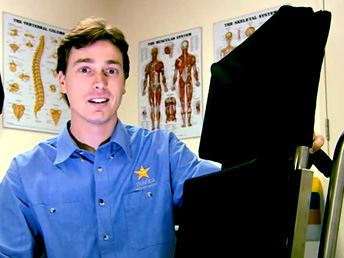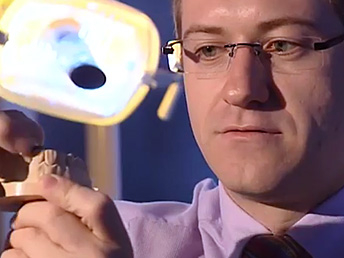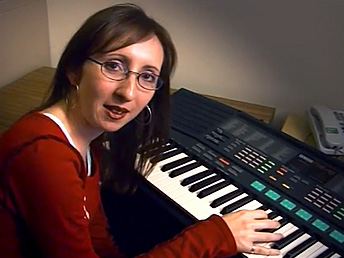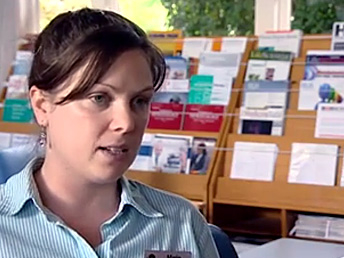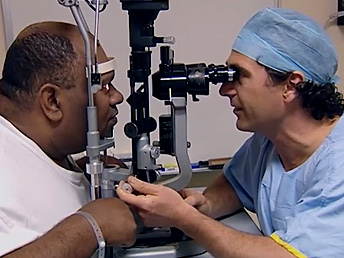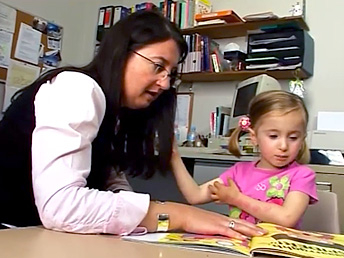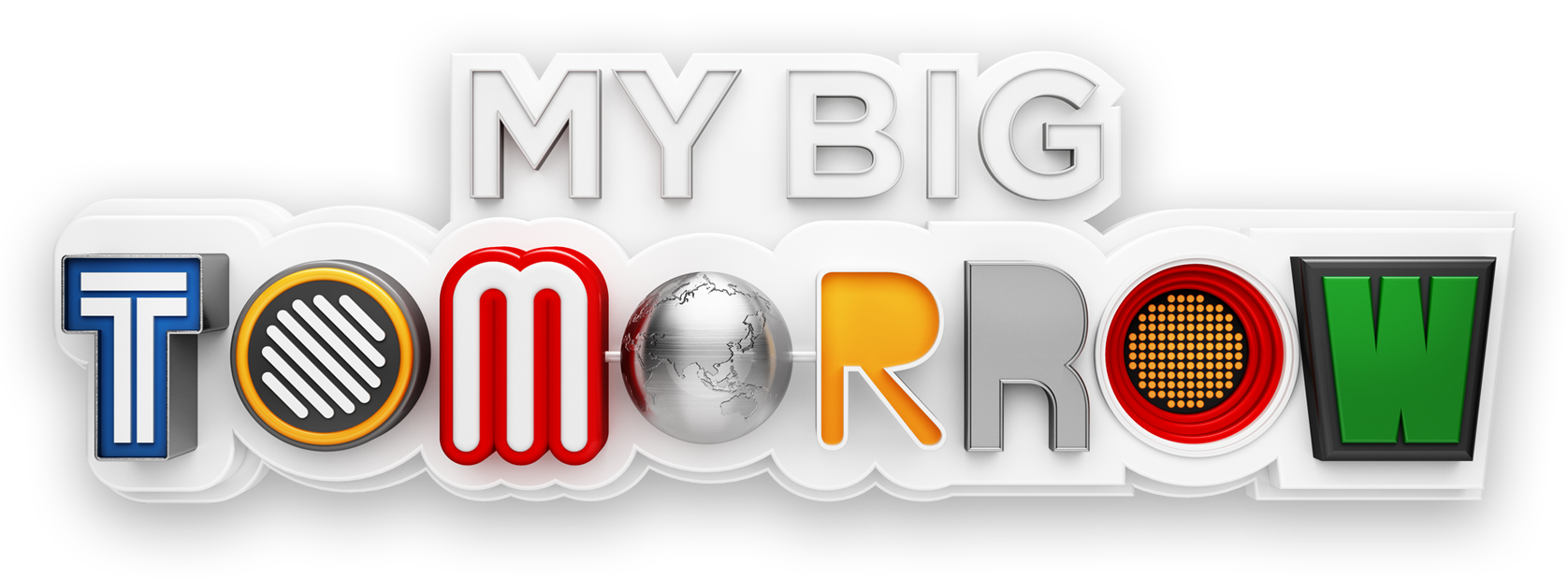
Audiologist
Audiologists test and diagnose people's hearing across all age groups, from babies right through to adults. Training with hearing aids and cochlear implants is also a big part of the job that you can choose to specialise in.
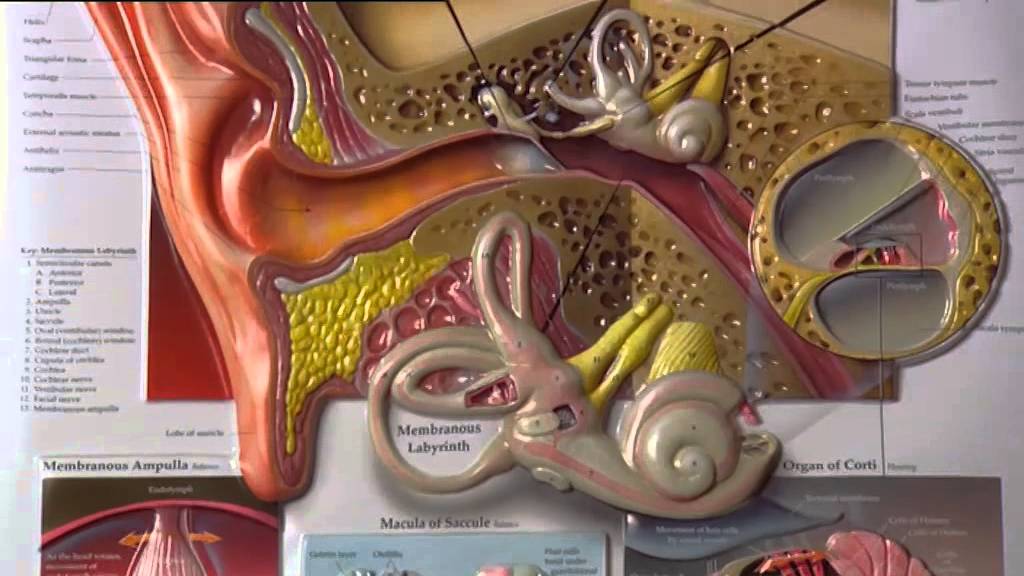

What the job looks like
Salary expectation
starts at $50,783 up to $103,095+

The good
- Making a difference to someone's life
- Working across various age groups
- Helping people
- Discovering solutions to hearing problems
The not so good
- Getting emotionally involved and sometimes having to deliver bad news
As an audiologist you manage non-medical disorders of the ear and diagnose problems such as hearing loss and vertigo. A big part of the role also involves research to develop new hearing solutions or testing procedures.
You will be working with people of all ages so good communication skills are essential, particularly English, to write up patient records at the end of each session and understand medical terminology.
Strong math skills will also come in handy when studying at university and once you begin work as you will rely on statistics, data analysis and time management to effectively treat your patients. Understanding the science behind hearing is a vital part of being a good audiologist.
You might also choose to move across into industry awareness programs to educate workers at risk from noise injury.
If you are patient, enjoy problem solving and like helping others, then a career as an audiologist could be for you.
The excitement of giving someone a hearing aid when they haven’t heard for a long while is amazing.
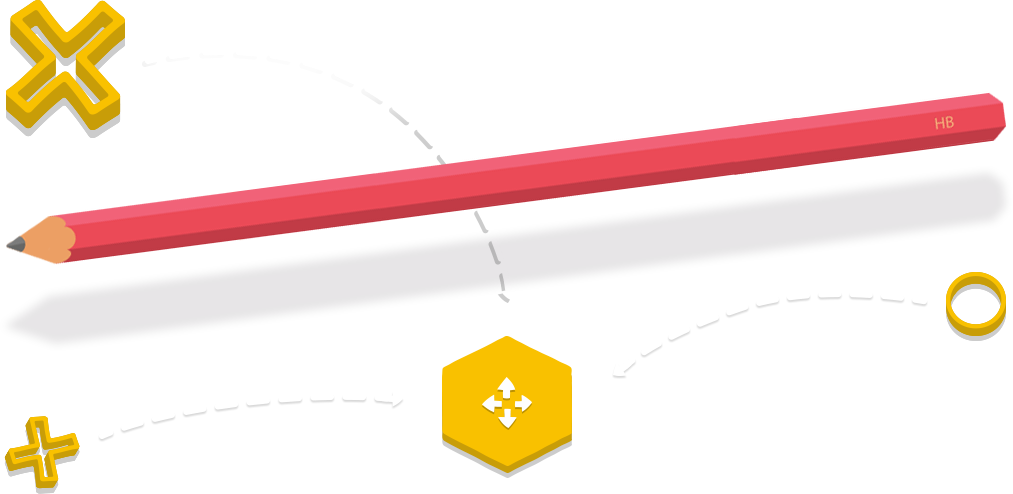
Pathways to this career
Subject suggestions for the HSC
Choosing your HSC subjects from this list could really help with your career. Think carefully about what you want to study after school as you might need to choose specific HSC subjects for that course and to count towards your ATAR (Australian Tertiary Admission Rank). An ATAR is your academic rank in relation to other HSC students and helps with University admission.
HSC subjects
Some subjects will count towards your ATAR, others will not. Check with your career advisor before making subject selections.
- English (Advanced or higher)
- Mathematics (2 Unit or higher)
- Biology
- Physics
What can I do after I have finished school?
University degrees
Studying one of these degrees can help with your career.
- Bachelor of Speech, Hearing and Language Sciences
- Bachelor of Human Sciences
- Bachelor of Speech Pathology
- Bachelor of Audiometry
Suggestions
Check out Audiology Australia or Australian Hearing for more information
- Ask to visit your local hearing centre and see what audiologists do so you get a feel for it
- Go to career expos and events like university Open Days for information about what you will study
